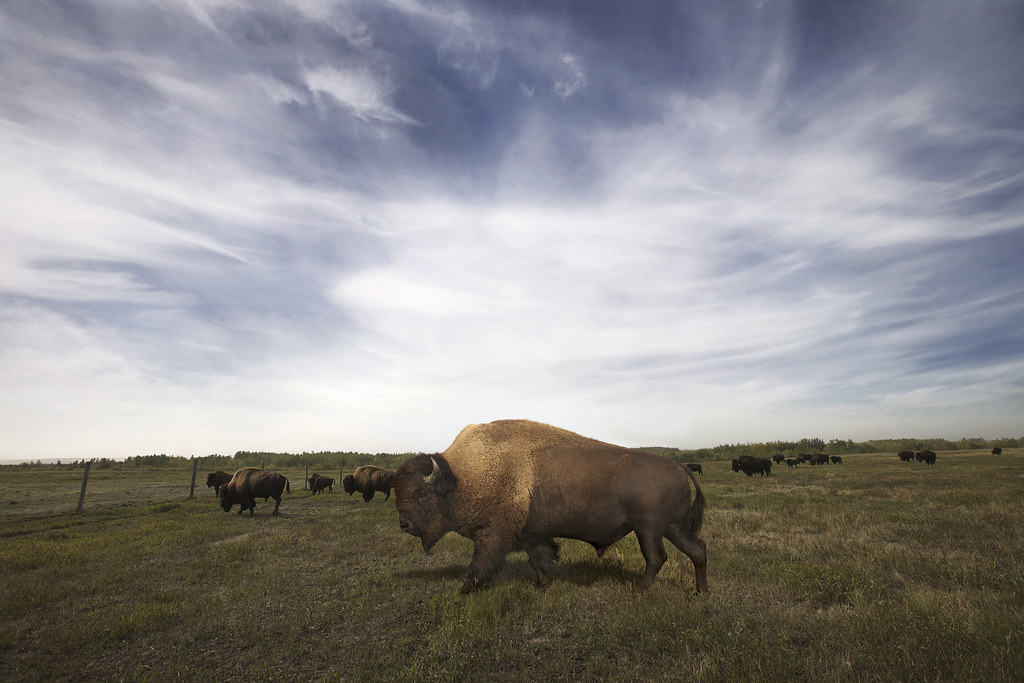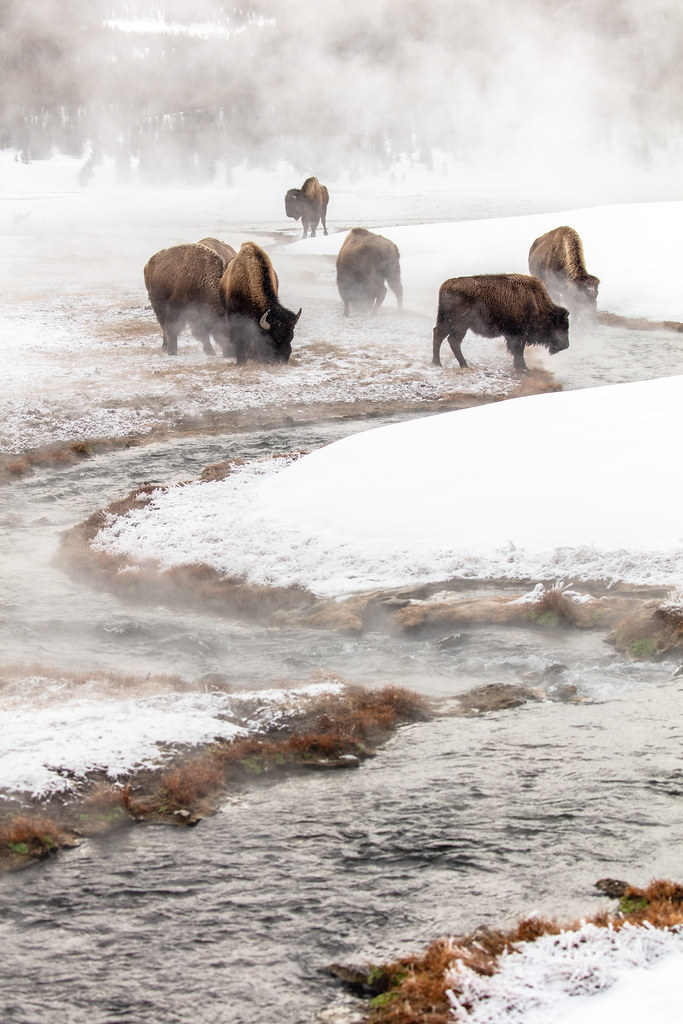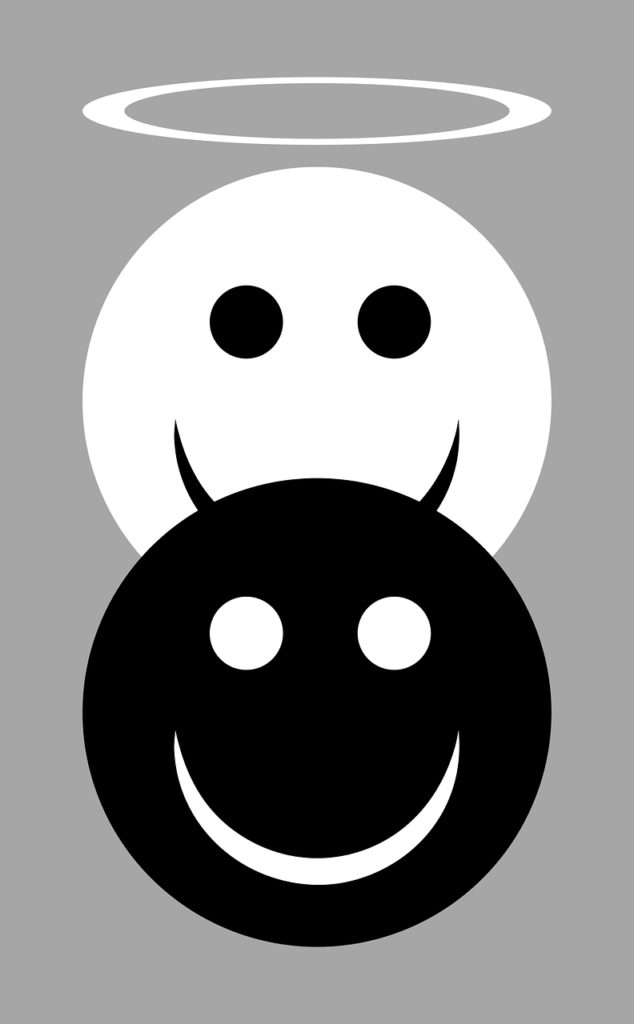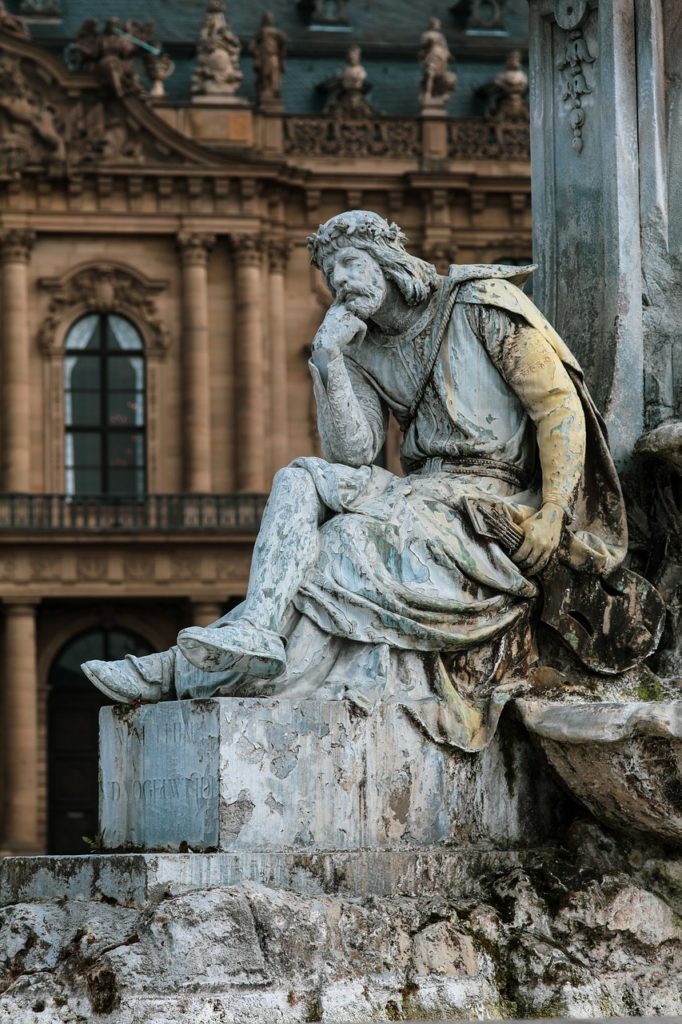completefreedom2
COMPLETE FREEDOM PART 2 – A PHILOSOPHICAL DEFINITION

“Most modern freedom is at root fear. It is not so much that we are too bold to endure rules; it is rather that we are too timid to endure responsibilities.”
-G. K. Chesterton
“Freedom is the right to tell people what they do not want to hear.”
-George Orwell

First Article in this series: Complete Freedom part 1 – The Unicorn of Philosophy
Principally, societies do not allow criminal behaviour, or behaviour destructive to the common good. This is an already universally agreed upon limitation on liberty. The major problem is that most philosophical definitions treat this limitation as a necessary yet unnatural rider to a seemingly unencumbered definition of liberty. An unencumbered definition of liberty, however, is unnatural itself as it never exists.
There is a legitimate freedom in the option to refrain from a desired action, especially when nothing good can come of it. For instance, refraining from deep water cliff diving if one is likely to pass out mid-dive or building a house without the training. Refraining from any willed action should be an option. This is an over-referenced part of a liberty, but it is not a weakness. So, a good definition of freedom must contend with this as well. However, in most ‘free’ or ‘freer’ nations, there are requirements which one cannot refrain.

HAPPINESS
What of the pursuit of happiness? To most definitions, this is a pleasant nicety but nothing intrinsic to the usual working definition of freedom. With neutral freedom, it is a quality to specify, much as all the other limitations and additions listed above. It is not required, but it absolutely should be. It is blatantly obvious that this neutral freedom is more like a neutralised freedom. Not only is it a freedom that cannot sustain itself, it is freedom that cannot define itself alone, apparently. A definition that fails to account for all qualities of the thing so labelled, is useless and accounts for failures of application.

Happiness as a qualification, delineates the examples of the built structures posited in the last article. The pursuit of happiness within freedom implies wisdom. It dictates one cannot build a house without proper training and blueprints, doing otherwise would not bring happiness. What is happiness, though? Is it not the accounting of internal good over bad? Good, in the form of that which is done by and for a person, is a prime qualifier for happiness.
However, happiness cannot be the most important aspect of a complete definition of freedom. Most of those who think they are free, are not, they have simply found a way of being happy which is good enough for a lot of people. For the majority, freedom is this elusive non-concept of being left alone and unbothered, the neutral definition. People of this mindset remain enslaved to all the things that distract them from complete freedom, no matter how happy they might be in the moment. Happiness is then part of a complete freedom but simply hedonism by itself. Such people are trapped and are not free, but why?
DOING GOOD
The unicorn cannot escape its element nor the element of its freedom, which is to say it does not have the freedom to choose captivity, as this would directly contradict freedom. The same must be true of freedom generally. One cannot be free to entrap oneself, this is not freedom. Therefore, the freedom to do bad cannot apply to the definition. Doing evil, then, is merely an extension of captivity in self-enslavement to the material.
If this is true then the better definition for freedom is “the optimal ability to recognise and do good.” A free person is simply an agent of good, then. This fits all criteria demanded of the already universally accepted facets and limitations on liberty. It effectively removes all necessary riders or additional qualifiers. It cuts through all lies and presents the simplicity of freedom as an absolute moral truth.
The reason that liberty falls apart at the moment of definitional capture is the same as why it falls apart the moment implemented politically, it is because the focus is completely wrong. The focus upon constructs of abstracts can only map out paths to enslavement, whereas legitimate freedom is immanent. Free people are not born free in a ‘free’ nation, nor do they become free upon moving to a ‘free’ nation. Free people become free through the power of the mind, thought and spirit. A nation may become free by enabling their people to learn this lesson.
To test this new definition of freedom, another example can be used. Theoretically, an American bison is neutrally ‘free’ in a large field among cows, given all the food, sunlight, and exercise it needs. However, this is not freedom for it. The American Bison is a herd animal and needs its natural community in order to do good. It is without purpose away from the herd. Away from its true community and among cows, it is without the ability to seek optimal positive benefit or true good. It cannot even recognise good without its herd. There is no chance of optimal outcome for a bison in a herd of cows. In other words, it is only a free bison when it is wisely within its own element. If human freedom is more complex than animal freedom then, it is only on account of the complexity of culture and intellect in the herd.

How much freedom could a person attain 2,000 or 20,000 years ago? Can people in the current era accurately judge the qualities of freedom then and ascertain how free that person was? How much freedom should an individual have in a given era and within a culture in order to secure their optimal contribution?

Nobody can ever give or demand freedom. This is an internal transformation of the spirit. It is educational and cultural. Then the best defence for liberty is a liberty-loving culture that surrounds it. The civilising tendencies of natural human communities are brought about through education and a love for wisdom. It is here that freedom is truly secured in the trust of a natural community, as instilled from an early age. The most philosophically advanced cultures had it based on a trust (Hellenic: PISTIS, often translated as “faith”) of that which was founded in the love of wisdom, the grand discourse or LOGOS. This discourse is represented by phenomenal residency within the master and power states of the Logos domain in Resurrexit Theory (Roe 2023).

Similarly, one is only a free human in their element. Humans cannot do optimal good outside of their natural community. When a human is given everything needed to survive outside a naturally formed and complete community with all cultural nuances, their ability to do good is totally stunted. Whatever their full potential might have been is unknown. Love of wisdom and meaningful connections to a natural community allow for the optimal ability to recognise and do good within its particular cultural nuances. So, it follows, those people most free are also as completely absorbed within their culture as philosophy can permit.
SUMMARY
I suggest the unicorn is representative of the philosophical attempts at defining a neutral liberty, as failed. However, I propose the American bison archetype as representative of a complete freedom, or freedom holistically defined from the internal individuated perspective within their natural environment. This is freedom.

REFERENCES
Roe, M. A. (2023). Resurrexit Spiritus parts 1-7. 24K Journal of Virtues Science (https://24K.cc/). Resurrexit Spiritus: Spiritual Phenomenology, Evolution of Spirit, First Other Theory of Fatherhood Attachment, and Structural Virtues System
First Article in this series: Complete Freedom part 1 – The Unicorn of Philosophy